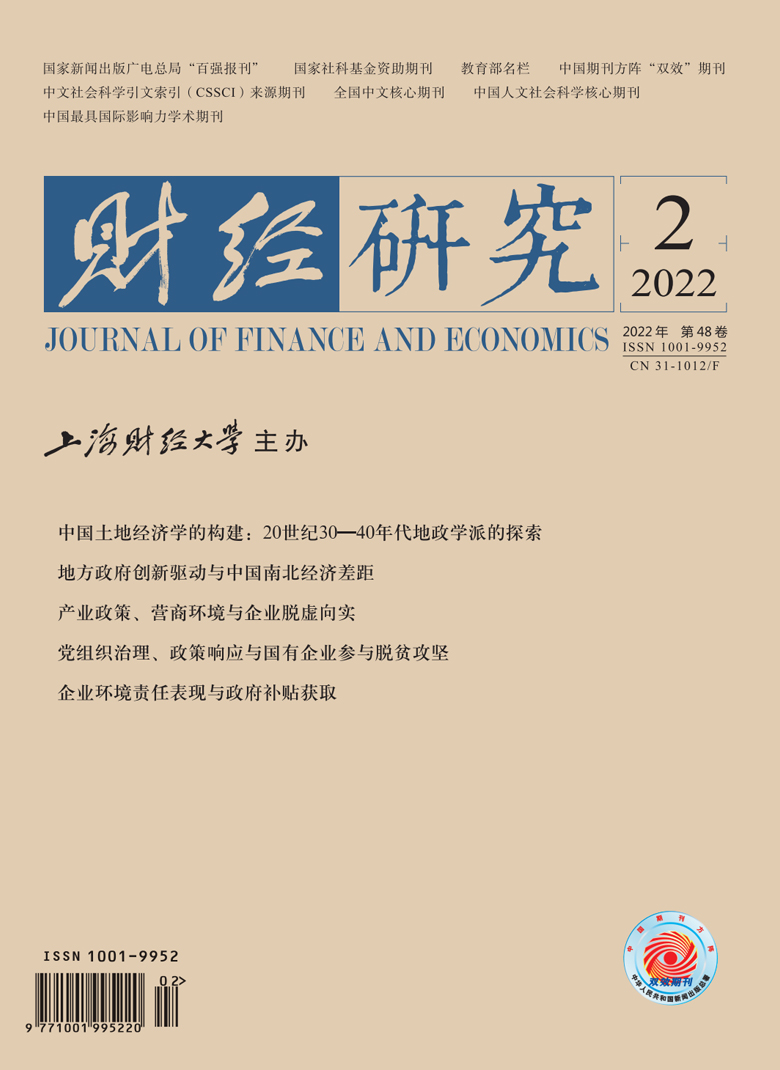Corporate social responsibility (CSR) is an important thrust for coordinating economic development, ecological civilization and social harmony, and also an important dimension for implementing the basic national policy of sustainable development strategy. However, there are two kinds of disputes about the economic consequences of CSR, namely, “shareholder value hypothesis” and “management self-interest hypothesis”. Relevant literature has tested disputes from the perspectives of financial performance, investment and financing behavior, and stakeholder evaluation, but has not reached a consensus, which inevitably causes enterprises to worry about the negative consequences of social responsibility, and also increases the difficulty of investor decision-making. The competitive advantage of product market plays a decisive role in the long-term development of enterprises, and is the base of the long-term value of enterprises. Compared with financial performance and the evaluation of securities investors, product market performance fully reflects the competitive advantage of enterprises, which can not only avoid the interference of non-operational factors and the dispute of index construction, but also avoid the interference of investors’ heterogeneous beliefs or expectations on enterprise behavior. Therefore, product market is an excellent perspective to investigate the real economic consequences of CSR.
This paper takes A-share listed companies from 2010 to 2017 as the sample to explore the impact of CSR on product market performance. The result indicates that increasing the performance of CSR can improve product market performance. Specifically, compared with competitors, when CSR increases by 1%, the product market share increases by 2%, suggesting that CSR can help enterprises obtain the competitive advantage. This conclusion supports the “shareholder value hypothesis”. The cross-sectional test shows that the value effect of CSR appears more in the downstream enterprises of the industrial chain, enterprises in areas with high trust level, and private enterprises with political connections. Path analysis shows that performing more CSR can improve the relationship between enterprises and key customers and employees, and the external supervision environment, which helps enterprises obtain the competitive advantage of product market. Further research finds that the value effect of CSR has intertemporal persistence, and there is no tax avoidance effect, excluding the alternative explanation of management opportunism. Finally, to alleviate the endogenous problem, this paper takes the national poverty-stricken county as the event impact, which also shows that targeted poverty alleviation, a special type of social responsibility, can also improve the product market performance of enterprises.
The contributions of this paper are mainly reflected in the following aspects: Firstly, it clarifies the basic impact of social responsibility on enterprises, and proves that increasing the performance of CSR can bring competitive advantages to enterprises. The conclusion provides a solid basis for relevant departments to promote enterprises to perform CSR, helps to eliminate enterprise concerns about the negative consequences of social responsibility, and helps stakeholders improve the quality of decision-making. Secondly, to some extent, it refutes the view of rent-seeking behavior on CSR. In the exclusion mechanism test part, there is no evidence of radical tax avoidance after enterprises undertake social responsibility, which shows that local governments have not relaxed their constraints and supervision, and refutes the view that CSR is a political contribution. It is a positive phenomenon for the relationship between government and enterprise in the period of transitional economy, which is conducive to removing the label of interest transfer between business and politics. Thirdly, from the perspective of product market, it complements the relevant research on CSR, and provides empirical evidence for the microeconomic consequences of poverty alleviation, which is of certain value to promote the relevant research on CSR.





 7050
7050  12998
12998

